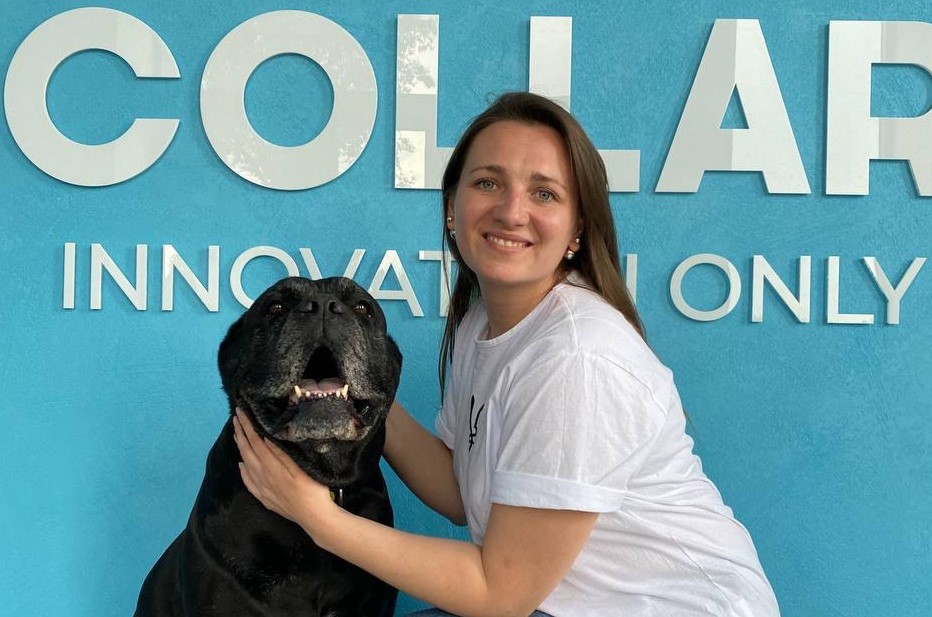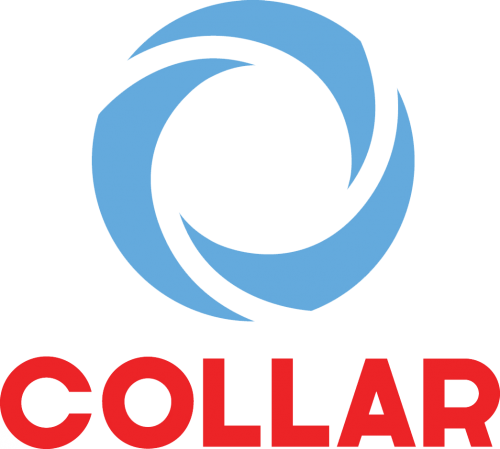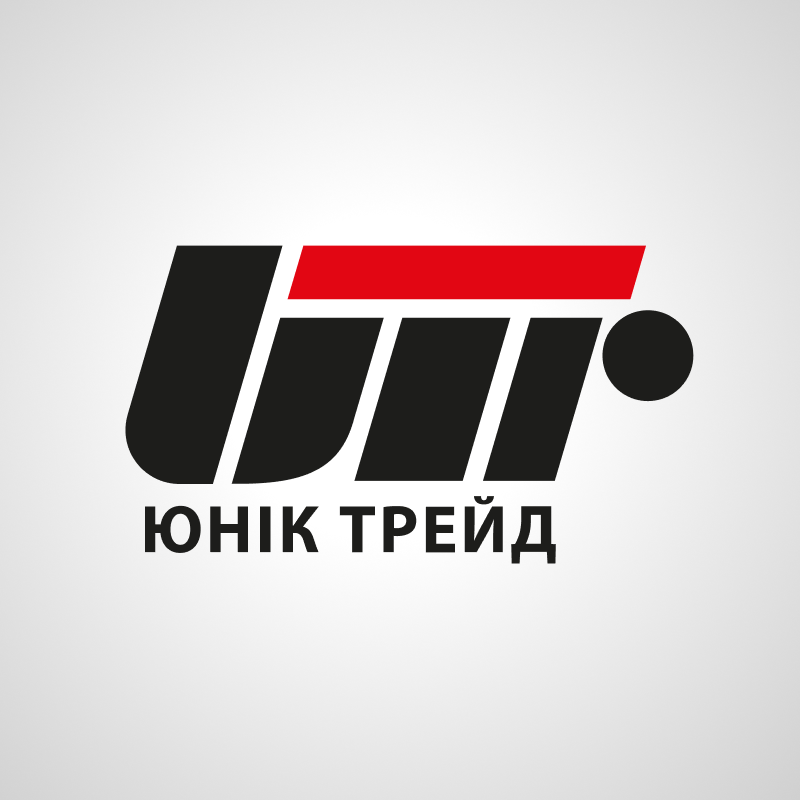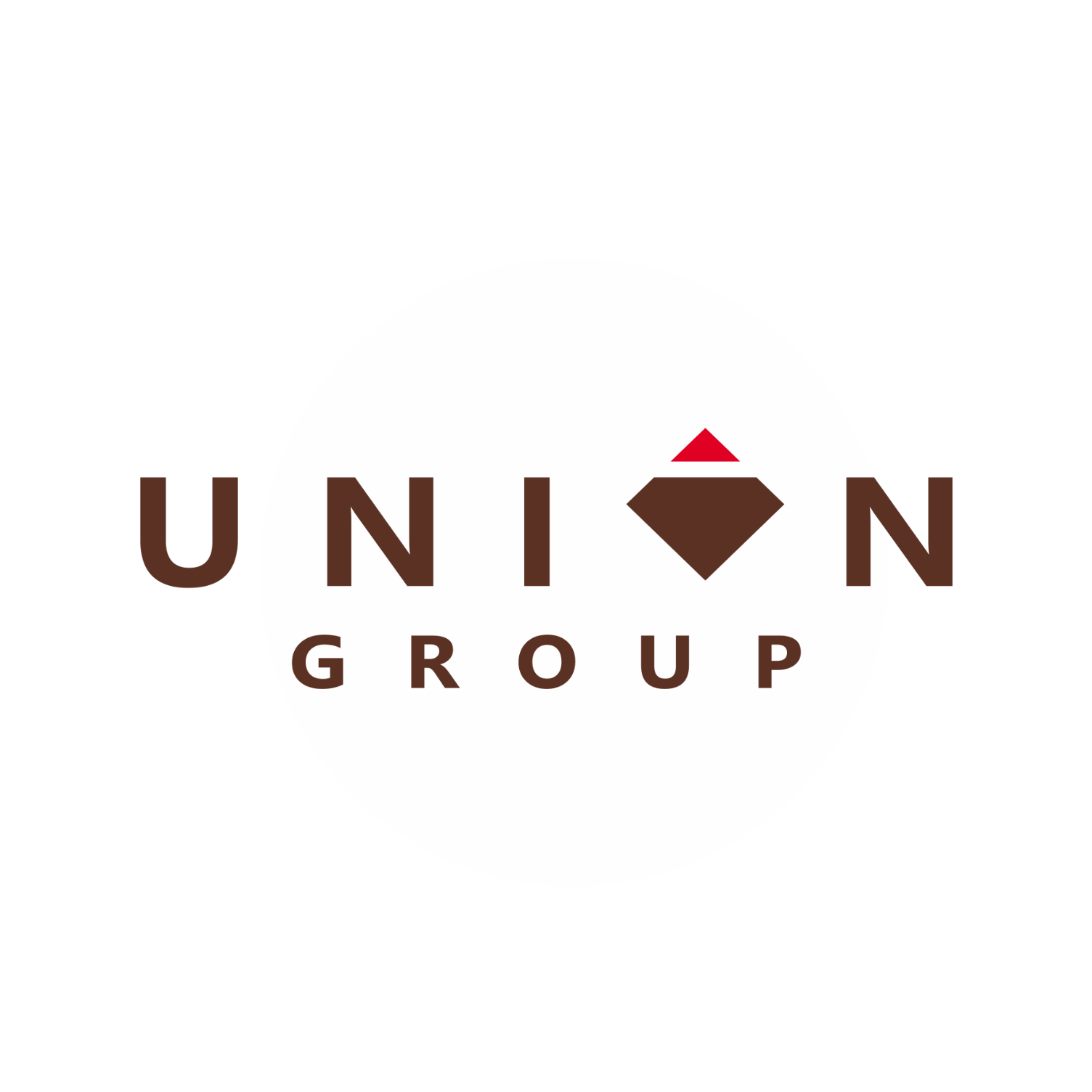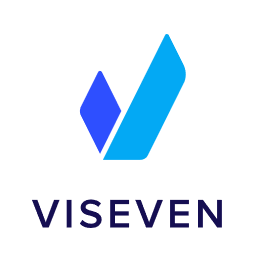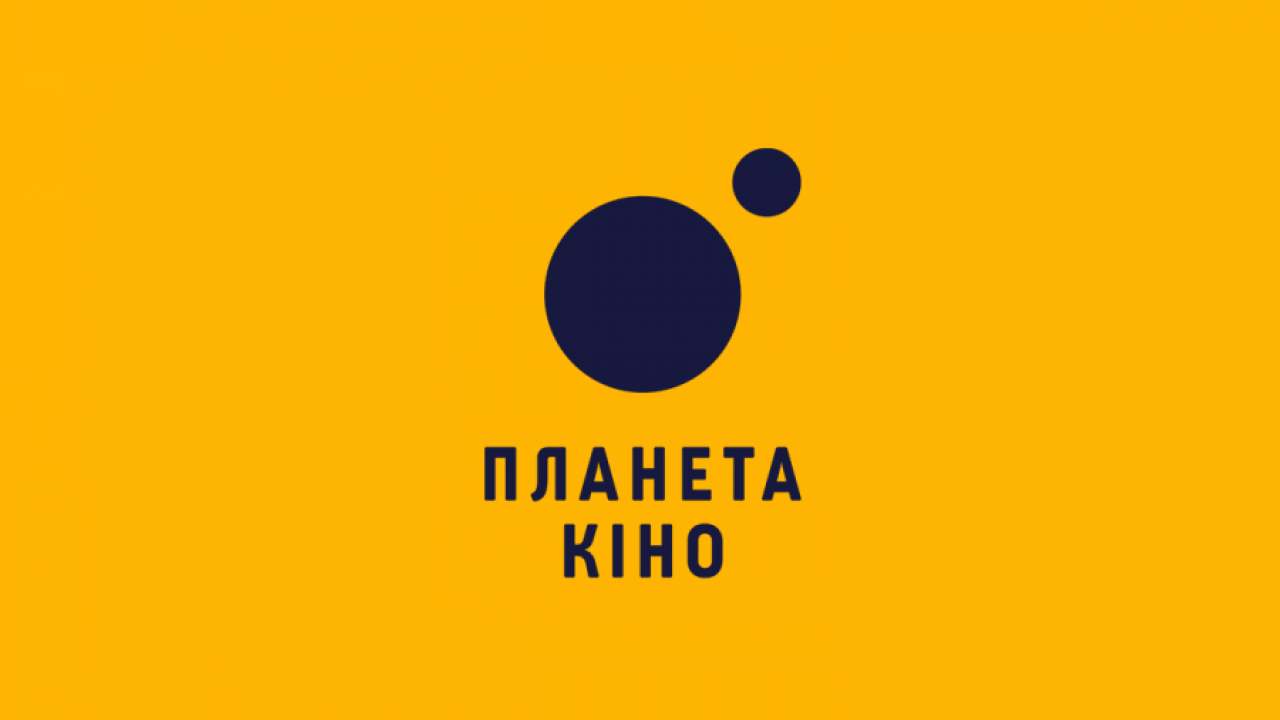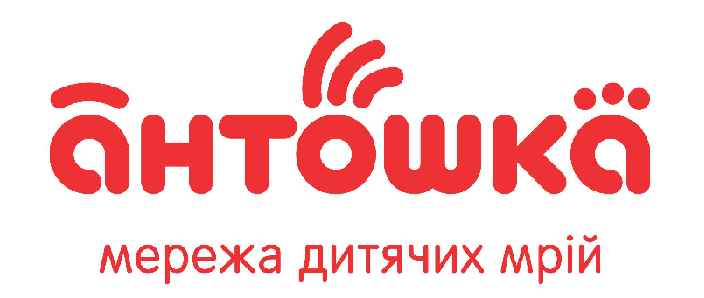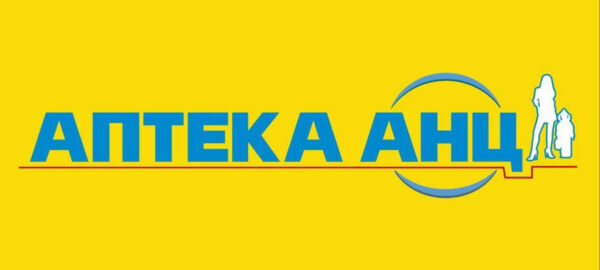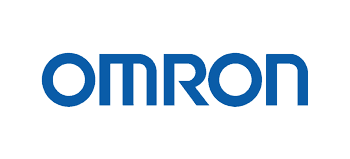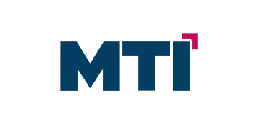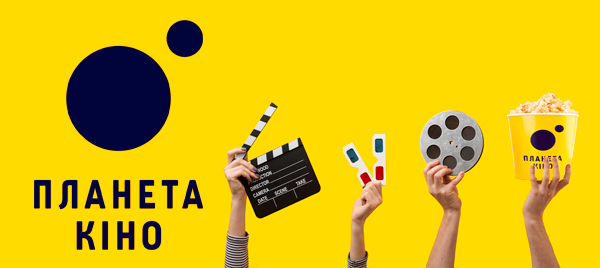
The adaptation process solves many important tasks: familiarizing employees with the specifics of work, teaching them the necessary technologies and procedures, getting to know the team, building interaction with the team, and setting goals for future work. Successfully formed adaptation process helps new employees get the necessary skills and become an effective member of the team. Therefore, it is very important to help a newcomer adapt, discover his or her best sides, fit in with the team.
How to improve and automate the process of adaptation of employees with the help of LMS will tell Maria Chernaya-Konovalova – Head of training and development of the Department of Human Resources of the “Planet Kino” company.
About the company:
- Planet Kino movie theater chain appeared in 2008, starting its existence with one IMAX hall. Now the network already has 9 cinemas: 2 – in Kiev, 2 – in Lviv, 2 – in Odessa and one in Kharkiv, Sumy and Dnipro. The visiting card of the company is the first-class service and inexpressible emotions which “the Planet of the Cinema” gives to visitors.
- Gradual implementation of the e-learning platform began in mid-2018. Closer to the end of the fall, self-study began to be implemented. First of all, it was due to the need for fast and high-quality training of employees who are located in different regions of Ukraine.
 -Do you have mandatory training for new employees?
-Do you have mandatory training for new employees?
– Of course, we can’t do without it. All Planet Kino employees, without exception, are introduced to a course that tells them who we are and what we do. They are immediately immersed in understanding what service is and why we achieve such results. In addition, each position has its own profile training, taking into account the specifics of this or that position (working with equipment, etc.)
– What does the adaptation program for new employees consist of?
– The adaptation program for movie theater employees consists of a certain number of activities. Each has its own goals, for example:
- Introduce the employee to Planet Kino and the theater where he/she will now work;
- Familiarize the employee with his/her position, functions, and area of responsibility;
- Familiarize them with the Company’s internal rules and requirements;
- To train the employee;
- Evaluate the success of adaptation by conducting diagnostic interviews, etc.
- The employee is given an adaptation plan, thanks to which he or she knows the timing, sequence of activities and knows who to ask for help and advice.
-What training formats do you use? What are the main topics of the content?
– At the moment it is mainly a combination of theoretical material, visual presentation (in different variants) and tests, which help, on the one hand, to memorize the material better and, on the other hand, to evaluate the effectiveness of the training.
As for the topics, we have a fairly large number of specialized courses.
– What material is the most popular among users?
– The most popular course, in which we talk about “Planet Kino”. It contains a lot of interesting and useful material, which our employees use all the time.
– Are there differences in the training of trainees of different generations?
– We have mostly young guys working in the cinemas. That’s why we try to use visualization of the material as much as possible and divide it into short blocks, in order to make it quicker and easier to remember.
– How are users certified after training?
– We actively use intermediate and final tests: we test step-by-step throughout the training. This greatly speeds up the process and prevents the newcomer from moving on to the next topic if he or she has not learned the previous one well.
– Do you continue to train employees who have completed the internship? How?
– Absolutely. Our employees learn all the time, regardless of the position or division in which they work. The company cannot develop if the employees do not develop. Training options range from repeating courses taken to creating courses on demand.
– What demands do business place on e-learning?
– Speed, quality, maximum audience reach.
– What changes in the company can be said to be the result of implementing e-learning?
– Administrators and HR managers have been relieved of the burden of induction training of employees. They have also been partially relieved of the task of controlling this process, since they are assisted by portal administrators, who generate regular reports on timelines and success. Materials have become universal and there can be no ambiguous interpretation or untimely notification of any region about the changes. Accessibility of materials for employees – now they do not have to ask questions, they can find answers on their own. Maintaining the knowledge of staff at the proper level, as periodic certification testing is conducted and employees repeat the material if they have forgotten something. These are just some changes that have been made.
– What is your opinion about the system?
– The LMS Collaborator is developing well – we can see that. What’s more, the implementation of changes is now happening at a higher speed than before. We are now satisfied, we often get positive feedback from our employees. I believe that over time this system will become a unique product in its field.
– In what directions do you plan to further develop the portal?
– Next, we want to develop the portal not only as a platform for learning, but also as a place for social communication. For this purpose, the platform already has technical capabilities. We also want to use other training formats more actively: workshops, webinars, etc. In addition, we plan to cover another level of employees – the employees of the Central Office. This category has different demands, and it will take us some time to find the right format and tools for effective interaction.
Read other cases:
- Changing the e-learning platform from Moodle to Collaborator. Experience of the company Pharmacy Chain “D.S.”
- Development of corporate culture using LMS Collaborator: KNESS Group experience
- “One-on-one: how webinars are used by Reikartz Hotel Group
- Training Filling Complex Personnel – Experience of SOСAR Energy Ukraine
- Video resources instead of manuals: experience of the “Groshe” hypermarket chain
- On point-to-point testing: case study of Dmitry Kuznetsov, ATLANTIC GEISER
- Internal marketing in training. Experience of Yuria-Pharm.
- Training with Collaborator. Case from “Kovbas Market” company.

